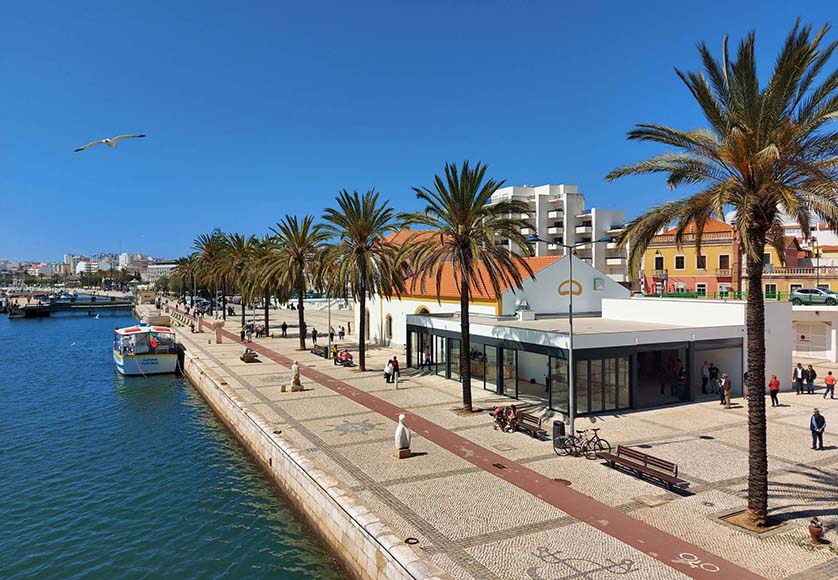
Only one Swiss film is in international competition in Locarno this year. “With Manga D’Terra, I wanted to pay tribute to the women of Riboleira on the outskirts of Lisbon,” Swiss and Portuguese director Basil da Cunha said in Locarno.
Like his two previous feature films – “O Film do Mundo” (Locarno, 2019) and “Après la nuit” (Cannes, 2013) – this film, centering on the heroine Rosinha, played by singer Eliana Rosa, was shot in Ribolliera. spend. A proposal that oscillates between a musical comedy on the sounds of Cape Verde and a documentary.
“We follow the journey of this 20-year-old young woman, who arrives from Cape Verde, who has to start from scratch, with no one to support her,” said Nunha Gomez, a resident turned actress. to the press. She plays Rosinha’s boss.
“I would like to say in the introduction that this film is off-screen to the previous films, giving a voice to women. The 38-year-old director, who holds dual Swiss and Portuguese citizenship, noted that until now, I preferred to direct films for boys.
Revenge through music
“My ambition is to show the many ways of being a woman, especially this young woman who finds her strength and power in music, a way of revenge. Eliana Rosa’s contribution is enormous not only because she carries and embodies the film, but also because it is her voice that we hear when she sings and because she composed most of the songs.
Music and creativity are two ways to survive in immigrant quarters, suggests Lausanne-based director of photography Patrick Tresch.
Every society needs cinema.
If the film wants to be light, it has to use immigration as a background. In the face of the “sodious” reality of those who have not succeeded and must leave, “there is a desire to create myths”. “Cinema is cinema,” said Basil da Cunha, who left Lausanne to settle in the Ribollera district fifteen years ago. “Every culture, every population, every society needs a cinema and to make one.”
Basil da Cunha is used to working with Cape Verdeans as well as non-professional actors. “He takes some of the life from our stories to build his film,” explains the film’s lead actress, Ileana Rosa.
“It is thanks to the entire Rebolera community that we were able to make this film: they were the ones who brought the sets, the stories and the music,” continues Patrick Tresh. And Basil da Cunha makes this population present in the eyes of the rest of the world.
In Portugal and Lisbon, highlighting this area, a place of police raids that often grabs headlines, has sparked a fierce debate.
last movie
Film after film, the director says it will be the last in this neighborhood that is about to disappear. “But we’ll do another one this summer,” he smiles. It’s not the end with the people I photograph with: we are forever linked. Because he formed around him a group of residents of the region who play in his films.
It’s hard not to stick to Basil da Cunha’s approach. Yet despite the ambition and generosity of the subject matter, the subtlety of tone and the emotion of many scenes, the construction of this film is something “float, centered around one character”. The director seems to distance himself from any real narrative construction to just watch Rosinha, as one film specialist points out when leaving watching.
/ATS






